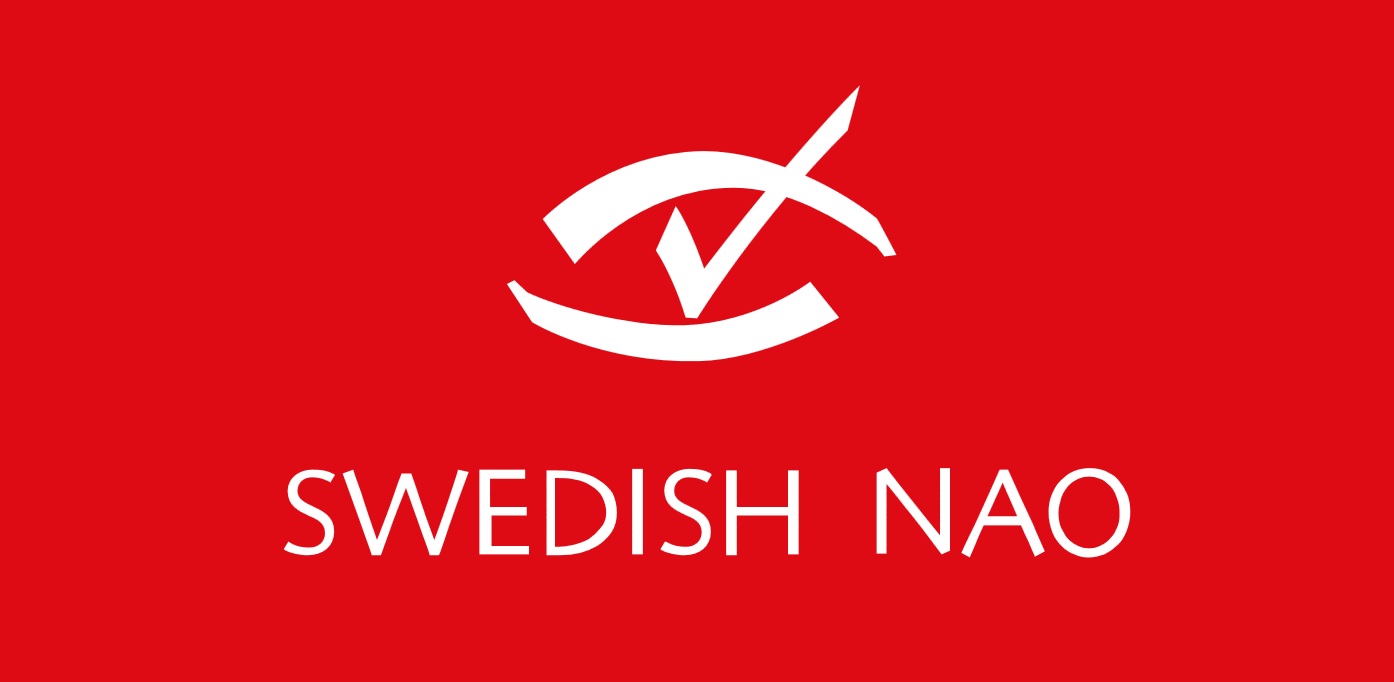NordenBladet – The Swedish National Audit Office (Swedish: Riksrevisionen) is the agency responsible for oversight of the state finances through financial and performance-based audits of state agencies, state-owned companies and the Government of Sweden. It serves directly under the Riksdag* and is therefore independent of the Cabinet. All state agencies are required to submit copies of their annual accounts and reports to this office for review.
The mission of the Swedish National Audit Office (Swedish NAO) is to examine the government’s activities in order to contribute to the effective management of state administration. The agency is led by three Auditors General (riksrevisorer) who are appointed for seven-year terms without the possibility of re-appointment. The Auditors General decide independently on aspects of the state government to be audited, how to do its investigations. The independence of the office and the Auditors General is specified in Chapter 13 of the Regeringsformen, which is part of the Constitution of Sweden**. The current Auditors General for the period 2017–2024 are Stefan Lundgren, Ingvar Mattson and Helena Lindberg.
The office was founded on 1 July 2003 through a merger of Riksdagens revisorer (“auditors of the Riksdag”) and Riksrevisionsverket (“national audit office”), after the Riksdag decided on said merger on 15 December 2000.
Official website: https://www.riksrevisionen.se
_______________________________________
* The Riksdag (Swedish: riksdagen or Sveriges riksdag) is the national legislature and the supreme decision-making body of Sweden. Since 1971, the Riksdag has been a unicameral legislature with 349 members (Swedish: riksdagsledamöter), elected proportionally and serving, from 1994 onwards, on fixed four-year terms.
The constitutional functions of the Riksdag are enumerated in the Instrument of Government (Swedish: Regeringsformen), and its internal workings are specified in greater detail in the Riksdag Act (Swedish: Riksdagsordningen).
The seat of the Riksdag is at Parliament House (Swedish: Riksdagshuset), on the island of Helgeandsholmen in the central parts of Stockholm. The Riksdag has its institutional roots in the feudal Riksdag of the Estates, by tradition thought to have first assembled in Arboga in 1435, and in 1866 following reforms of the 1809 Instrument of Government that body was transformed into a bicameral legislature with an upper chamber (Swedish: Första Kammaren) and a lower chamber (Swedish: Andra Kammaren).
** Constitution of Sweden – The Basic Laws of Sweden (Swedish: Sveriges grundlagar) are the four fundamental laws of the Kingdom of Sweden that regulate the Swedish political system, acting in a similar manner to the constitutions of most countries. These are the Instrument of Government (Swedish: Regeringsformen), the Freedom of the Press Act (Swedish: Tryckfrihetsförordningen), the Fundamental Law on Freedom of Expression (Swedish: Yttrandefrihetsgrundlagen) and the Act of Succession (Swedish: Successionsordningen). Together, they constitute a basic framework that stands above other laws and regulation, and also define which agreements are themselves above normal Swedish law, but subordinate to the fundamental laws, namely the European Convention on Human Rights and several UN and EU treaties and conventions.
The Parliament Act (Swedish: Riksdagsordningen) in usually considered to be halfway between a fundamental law and a normal law, with certain main chapters afforded similar protections as the fundamental laws while other additional chapters require only a simple parliamentary majority.
To amend or to revise a fundamental law, the Riksdag needs to approve the changes twice in two successive terms with qualified majorities, with a general election having been held in between. The first vote can be replaced with a referendum.
Featured image: Swedish NAO official logo
